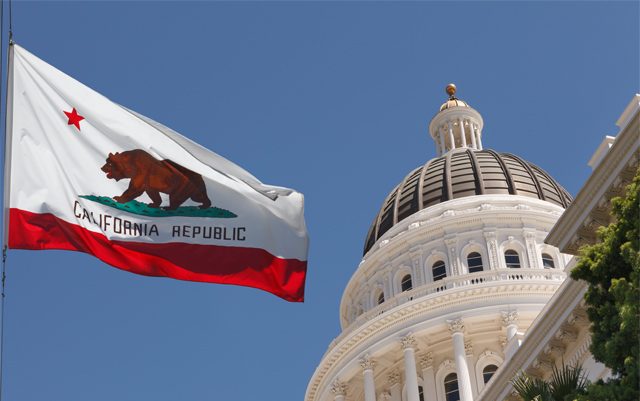A little over a month ago, Alex Traverso, spokesman for the Bureau of Cannabis Control in California, announced that they would be issuing new regulations in November. Last Thursday, those regulations were released – but they will only be temporary, issued under an “emergency rule-making process” because there was not enough time to hold the needed public hearings prior to the January 1st deadline.
“There certainly will be licenses issued on Jan. 1,” said Alex Traverso of the Bureau of Cannabis Control.
While they do expect to have some businesses licensed and ready to open on January 1st, it is likely that many areas won’t have any licensed shops up and running by then. The biggest reason for the potential delay is that to obtain a state license, a grower or seller must first obtain local permits.
This will slow things down considerably, especially for cities like Los Angeles and San Francisco, where local officials are struggling to establish regulations for cannabusinesses. Some cities have even gone as far as to ban local sales of cannabis, while others, like San Diego, already have local rules and regulations in place for legal sales.
These licenses, once awarded, will be temporary and will only last for 120 days. There will be the potential for a 90-day extension – but during that time, the state will conduct a review of business credentials and information submitted in the license application, including financial and investor records.
The state expects to begin taking applications for business licenses as soon as December, when an online application for temporary permits is ready to go.
Aside from licensing, the 200+ pages of rules and regulations includes strict requirements for the retail end of the cannabis industry. Like other states, cannabusinesses cannot be within 600 feet of schools, day care centers, or youth centers.
All cannabis businesses will be required to have security systems that include digital cameras with a resolution of 1280 x 720. Their operating hours must be between 6 a.m. and 10 p.m., and no cannabis products may be visible from outside the business. A seed-to-sale tracking system will soon be in place as well.
Employees must wear a badge indicating that they are employed by a licensed business, and this includes delivery drivers, who must come in “an enclosed motor vehicle.” Deliveries will only be made to private residences – not to commercial or public properties like hotels, or other businesses.
When it comes to advertising, whether it is on TV, radio, print or digital publications it can only be where more than 71.6 percent of the audience is 21 or older.
Similarly, to help avoid children getting their hands on cannabis-infused edibles, they “cannot be shaped like a human, animal, insect, or fruit.” On the subject of edible products, they must have no more than 10 mg of THC per serving, and no more than 100 mg of THC per package (total 10 servings per package).
While these regulations are likely to change in the coming months, at least they have finally been put into place – giving businesses an idea of what will be expected of them. Until July 1st, 2018, retailers will be able to sell certain products that do not meet the new packaging, ingredient or appearance requirements. At that time, it is likely that more permanent regulations will begin to be put into place for the blossoming industry.






